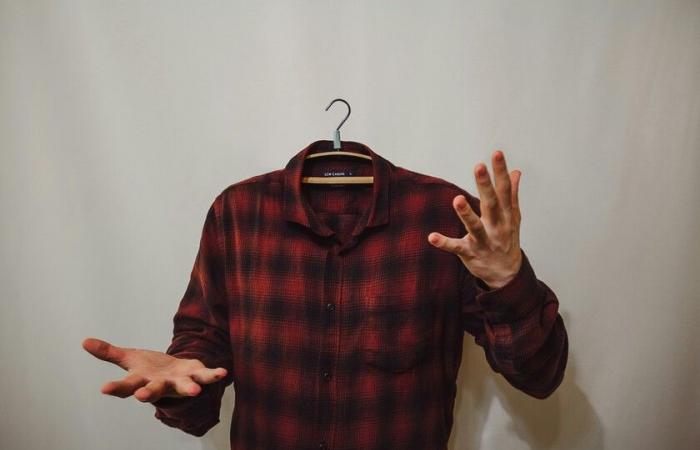
Novo Nordisk, the Ozempic manufacturer, has just presented the results of the first quarter and the data are impressive: we talk about 3,891 million euros, 14% more than last year. And, of course, that has fired the company’s price.
The most interesting, however, is why.
And the answer is very simple: the treatments against obesity have risen 67%. It is what allows us to intuit that the Ozempic revolution (and the rest of the GLP-1 agonists go far beyond what we might think. So much so that the second -hand market is putting up legs.
Something is changing. In mid -2024, second -hand sales platforms began to see how the clothes offered in their systems changed. In the previous two years, large -scale women’s clothing ads had grown surprisingly: “An increase of 103% in 3xl size ads, 80% in 4xl size and 73% in size 5xl.”
Not only that, Poshmark analyzed the ads and discovered “a 78% increase in the new ads that mention ‘weight loss’ in the title or description.” Dressed Collective, specialized in second -hand sale of high quality products, has also detected a similar phenomenon and Goodwillfinds, which reverts donated clothing, says they are increasingly donated. Vinted has also noticed it.
How do we know that all this has to do with Ozempic? We can’t be sure, it’s true. But, as they point out in Fortune, one in eight Americans already uses Semaglutida or other GLP-1 agonist and the trend has been growing very closely to how the use of these medications grew.
And, whatever it is, it is an issue that everyone begins to intuit that is serious.
In fact, there are more and more resale programs of the brands themselves. Given these market changes, brands such as Levi’s, Patagonia and Carhartt Wip have begun to mount their own stores that allow them to also be present in this “second life” of their products. After all, as they point out in Vogue Business, “the resale has been one of the only retail trade engines in recent years.” In fact, the market has been bent since 2021.
However, not all the mountain is oregano. The problem is evident: as thousands of people lose weight significantly and decide to purge their cabinets, the stocks of second -hand stores are unbalanced: there is a lot of big clothes to sell and few people who want to buy it.
That is, if analysts are right, we are going to a great fashion readjustment that we produce, sell and buy. In a world pregnant with data and more data, it may seem curious that the first to realize have been the second -hand platforms, but little that we think is so predictable that it scares.
Above all, luxury brands.
Image | What is
In Xataka | XL models: When you are harassed by your body in real life and influencer admired on Instagram





